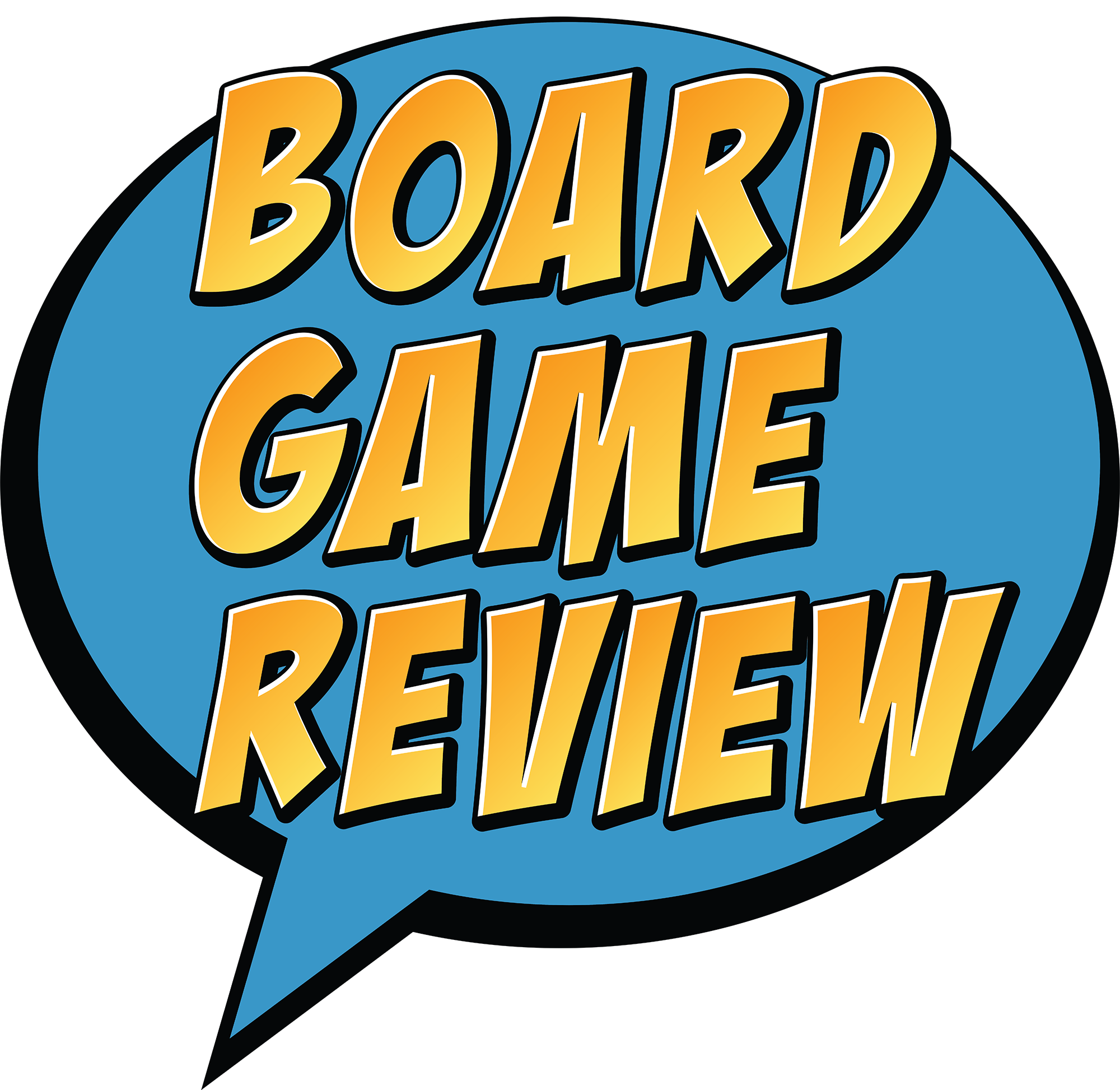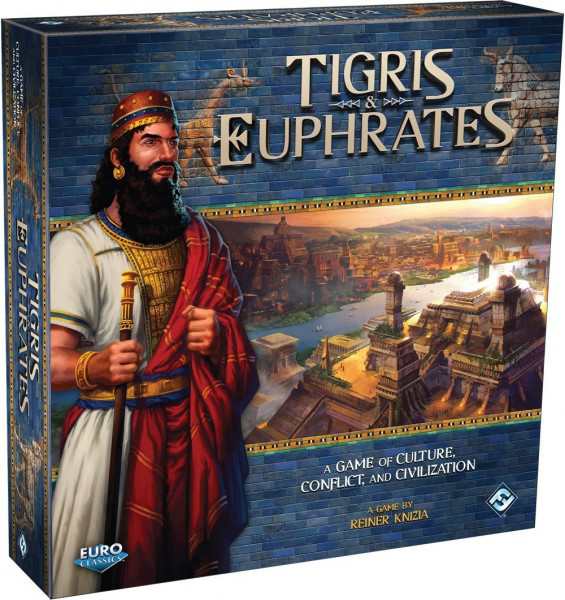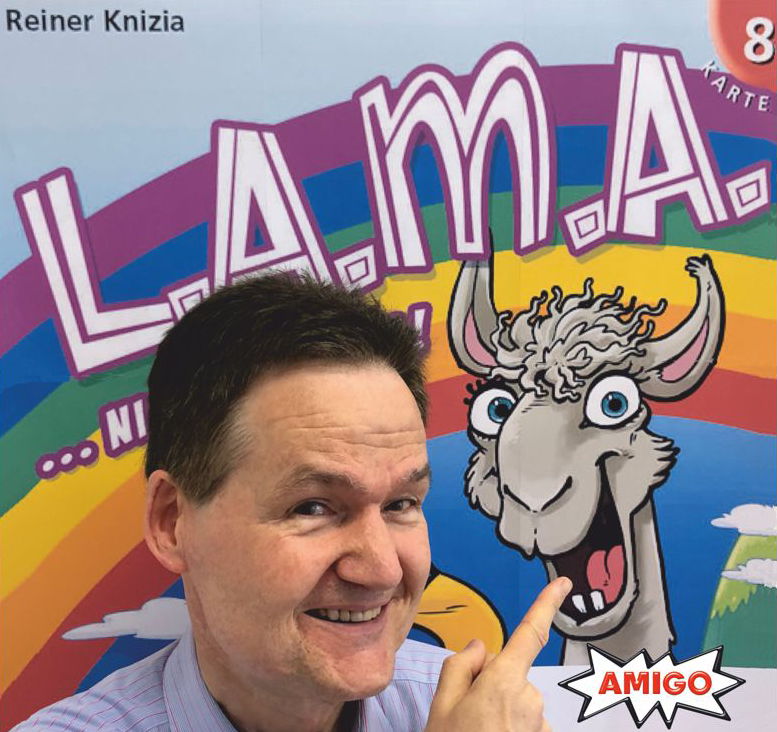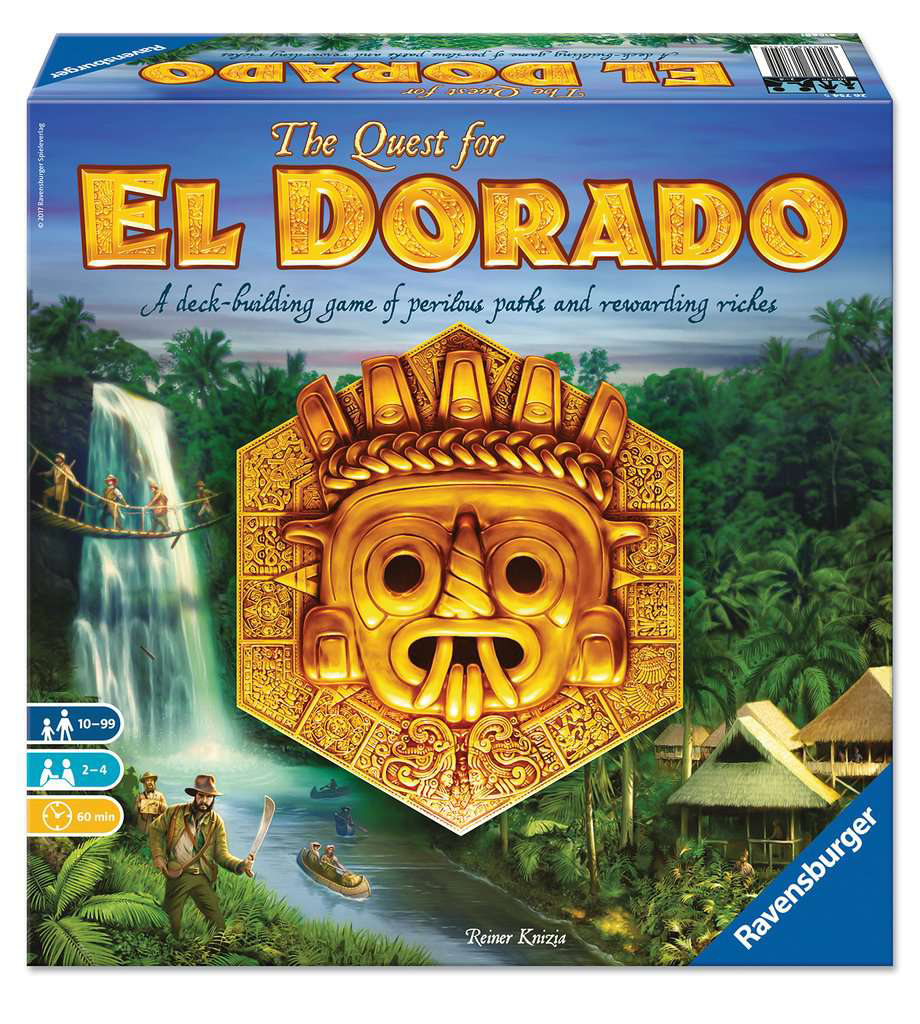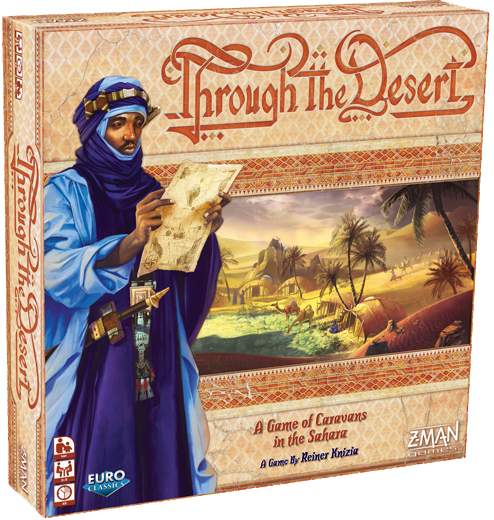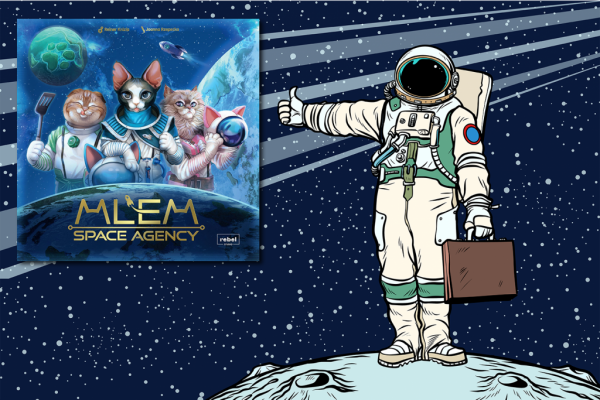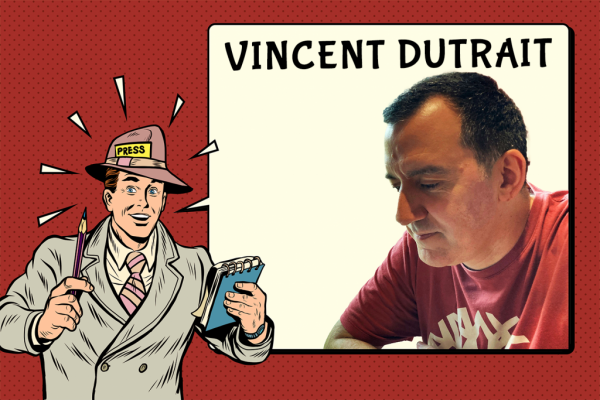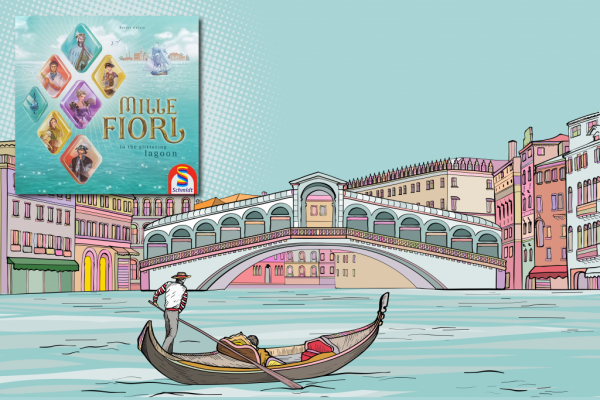Interview with Dr Reiner Knizia
A week ago, having drunk a few glasses of red wine, I thought it would be a good idea to email a board gaming legend to see if they would do a Q & A with me via email for Board Game Review. When I sent the email I really didn’t think anything would come of it, especially as my website hadn’t launched and they couldn’t check my credentials, but figured there’s no harm in asking!
A few emails and less than a week later and here I am sitting in front of my laptop making sure everything is ready for a Skype interview. I suddenly realise I am going to be face-to-face, albeit virtually, with Dr Reiner Knizia. The inimitable tings of Skype ring out and my world goes into slow motion. You see my plan of firing off some questions by email was not as lively as a video chat in Reiner’s eyes. So here I am. Excited and also a bit nervous.
The tings stop and on the screen emerges Reiner sitting in front of me wearing a union flag bow tie. Beyond him are shelves of awards in what I can only assume is his personal design studio. Right, I think, deep breath, it’s time to start the interview…
Good afternoon, thank you for sparing the time to talk to me, especially on a Saturday, you are very generous to the board game community.
I am always happy to help promote people who promote games, because we are all in the same boat and it is better for people to be playing than anything else, no?
I agree, that’s why I have started this website! Starting at the beginning, what was the board game that made you fall in love with board games?
There wasn’t a specific board game. I loved playing games all the time, for as long as I can think. I grew up in a small town in southern Germany. There wasn’t much on offer with respect to games, just the classic games. It wasn’t always the games, but whom I played the games with, the fun of the interaction and the fascination of themes – more a general love than a specific love or specific game that lured me in.
I think it is fair to say that not many board game designers have a back catalogue as large as yours, what is the spark that keeps the enthusiasm going to create new games?
That’s simply what I love to do. That’s what recharges me. People sometimes ask me if I’m running out of ideas, no, it is more the curse of the ideas because I find it very easy to have ideas. Not all the ideas are a goer. Having the idea isn’t very simple, but it can be very quick. Then designing, so to speak, the ‘perfect’ game to bring to a publisher or bring to market take a lot of time, a lot of testing and lots of energy. That’s something I like, but that is something that does not recharge me, that takes energy, takes effort, takes more than the love of a game, it takes discipline.
Do you remember them all as if they were your children?
Of course I remember them all. I worked on each one of them very intensively. That doesn’t mean I can now recite all of the individual rules, in detail, clearly not, that is particularly difficult for me. When people get a game of mine they know one set of rules for it. When we test and develop it, we have so many versions. While you work on it, it is very clear which is the newest and best version but after a few years it gets a bit foggy and sometimes I remember a different version that stayed with me.
Do you have a favourite game you have designed?
No I don’t. There are some games that have been there in the past and now fallen out of presence a bit. Even when I take these out, I see what makes them exciting, I see what I found in them, so they may no longer be up to date with respect to what people expect to find in a game today. Others have stood the test of time. Some of the classics like Tigris & Euphrates, after 20 to 30 years they are still very much in demand and played by many people. It comes down again to the same thing, it depends with whom I play, depends on the mood, depends on the atmosphere in which we play.
Sometimes you have surprises like last year with L.L.A.M.A. Yes, we knew it was a good game, but you never know. Sometimes you have very nice, pleasant surprises, sometimes you have disappointment, but that is the novelty of every year.
You mention that some games have fallen out of presence a bit, is there one that has fallen by the wayside that you think didn’t deserve to, or perhaps deserves more attention?
This is almost impossible to answer. There are some games like Pickomino and El Dorado which have taken off and have a lot of fans and just continues. It doesn’t mean that when I publish a game with a smaller publisher in one country and it doesn’t take off right away that there is disappointment or it hasn’t got what it deserves. The first start is sometimes very good, or not so good, but in total over the lifespan, if a game is good it will find its success.
Tastes of people are different, tastes of people change, tastes of the industry change, the markets change and I also think that there is a kind of its own dynamic with each game. When the people rave about it initially, everyone wants to see it and then it becomes bigger. There is an element of luck or group dynamics in there, which means it sometimes takes off and sometimes it doesn’t. Sometimes you don’t have to do much and sometimes you need to do much more promotion. When you say which game should have had more attention, deserve more, this is not for me to say. I will promote it, I will look after the game, I do the best that I can for the game, sometimes they take off and sometimes they don’t – that’s fine! That is part of the ‘game’ in inverted commas.
So, is there a game that perhaps epitomises Reiner Knizia?
The answer is I hope not! The one thing you are fighting when you get more successful as a designer is that people try to put you in one box. In the 90s I did a lot of the classic tile laying and auction games. People expect the next one to be the same type but better. Then you branch out and you do a children’s game or a card game and different things, people almost get disappointed by saying “well it is not what I expected”.
I want to essentially get into all categories of non-digital gaming. I see that each game, each new segment I go into, enriches me. When I started doing children’s games for example you get a very different feedback from the kids, a very honest feedback, the simplicity in the play then also cross fertilises other plays. When you go back to a family game you have richer tools to build something with.
Can I push you to name one though?
It is very unfair, but if I have to name one it’s Through the Desert, but why is it Through the Desert? For me, life is great because there is so many things to do, many more things than we can ever do. That’s what I expect from a game as well. I don’t want to sit there and say “there is nothing really to do”, or “what’s the least worst option” and wait a bit, this is boring! I expect from a game, that I sit there biting my fingernails, thinking I have so many things to do but I only have two actions on my turn. One game which really brings this to the foreground is Through the Desert, and that’s what I try to build into the game this urgency of too many good things to do and not enough turns do them.
So what is the job of a board game designer?
The mission statement for more than thirty years, on every business card, on every website, is “Bringing Enjoyment to the People”. Very early on I asked what do I need to do to be successful? You’re not successful if you make a lot of money, this doesn’t drive me, so what is it? It’s not about me, it’s not about us, it is about what we do. It is the joy, the entertainment, the pleasure, the enrichment of lives. That’s what we, in our genre, are trying to do. So in this segment it is the leisure industry, it is the biggest leisure industry now, and bringing enjoyment to the people is the mission. You design good games and bring them to the people.
And finally then, you seem to live and breathe board games but what do you do to relax?
My game, [he laughs at the slip of the tongue] my life is centred around the games, so when you make a business out of your hobby, out of your love, that means there is no great other hobby or great other activity. That doesn’t mean I lock myself into a studio forever but this is the focus!
I follow the economy quite a bit, well I was a banker for a lot of my time and a mathematician, so that is something I am quite interested in following. I think what I enjoy most, when I’m not designing games, is meeting friends to discuss the world or mad politics or whatever it is. Munich, where I live, is culturally rich, so my partner and myself every Sunday morning after breakfast go to a different museum.
Well I feel like I have taken up too much of your weekend already, thank you so much again for your time, it has been a pleasure and an honour to chat to you.
After some summing up and general chit chat the interview with Reiner Knizia is over… I’m very pleased with how it went, and I hope you have enjoyed reading it too!
